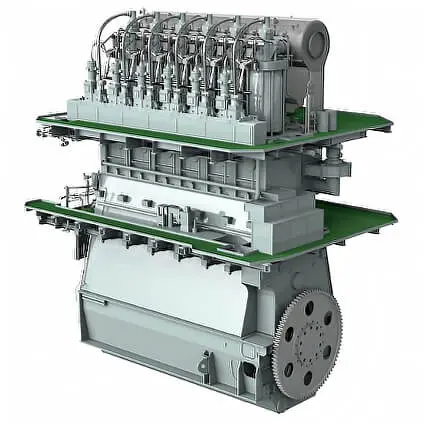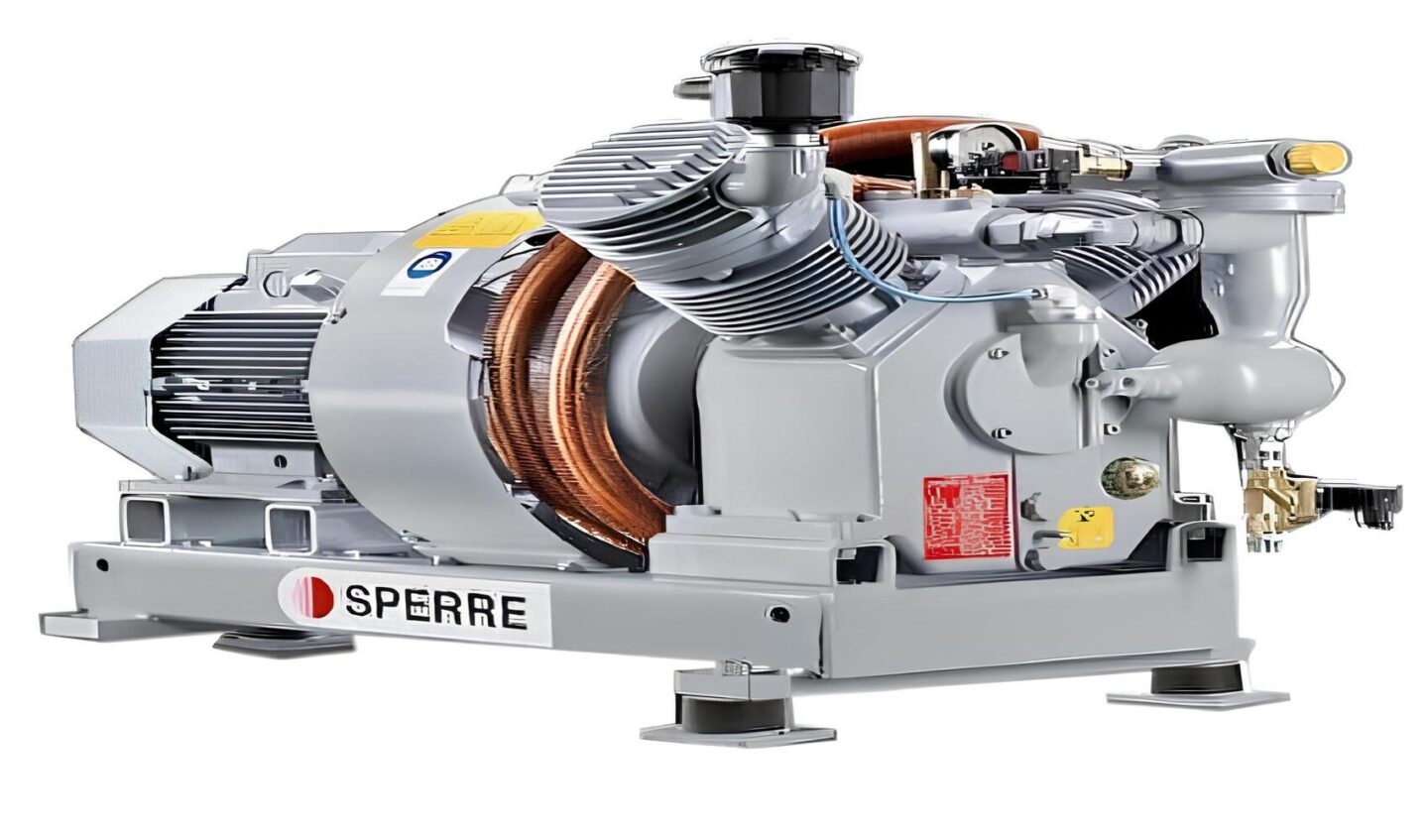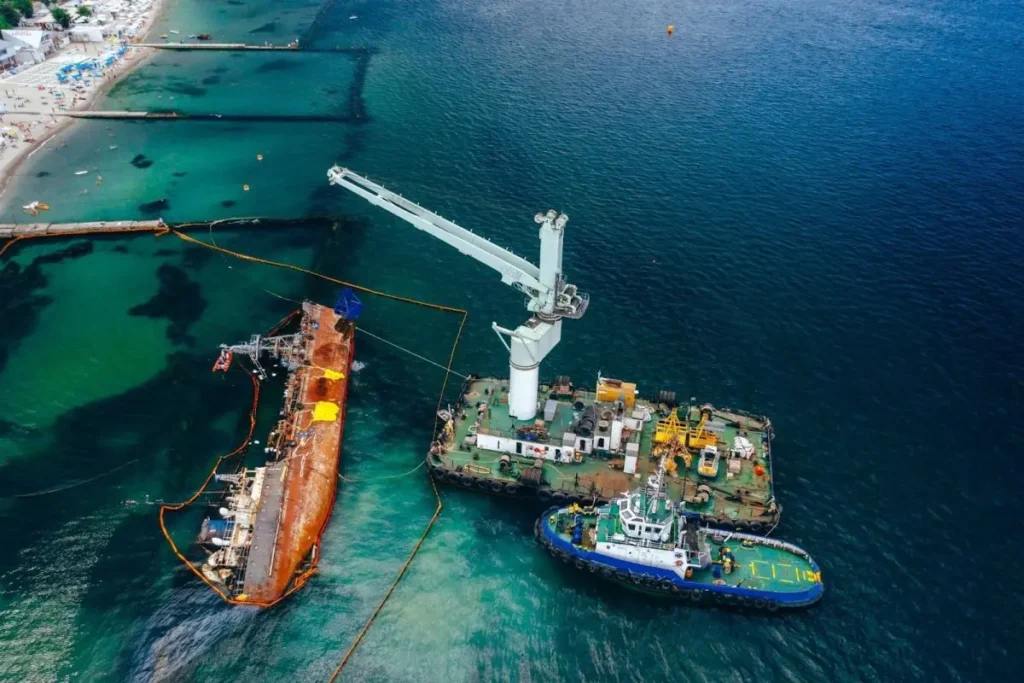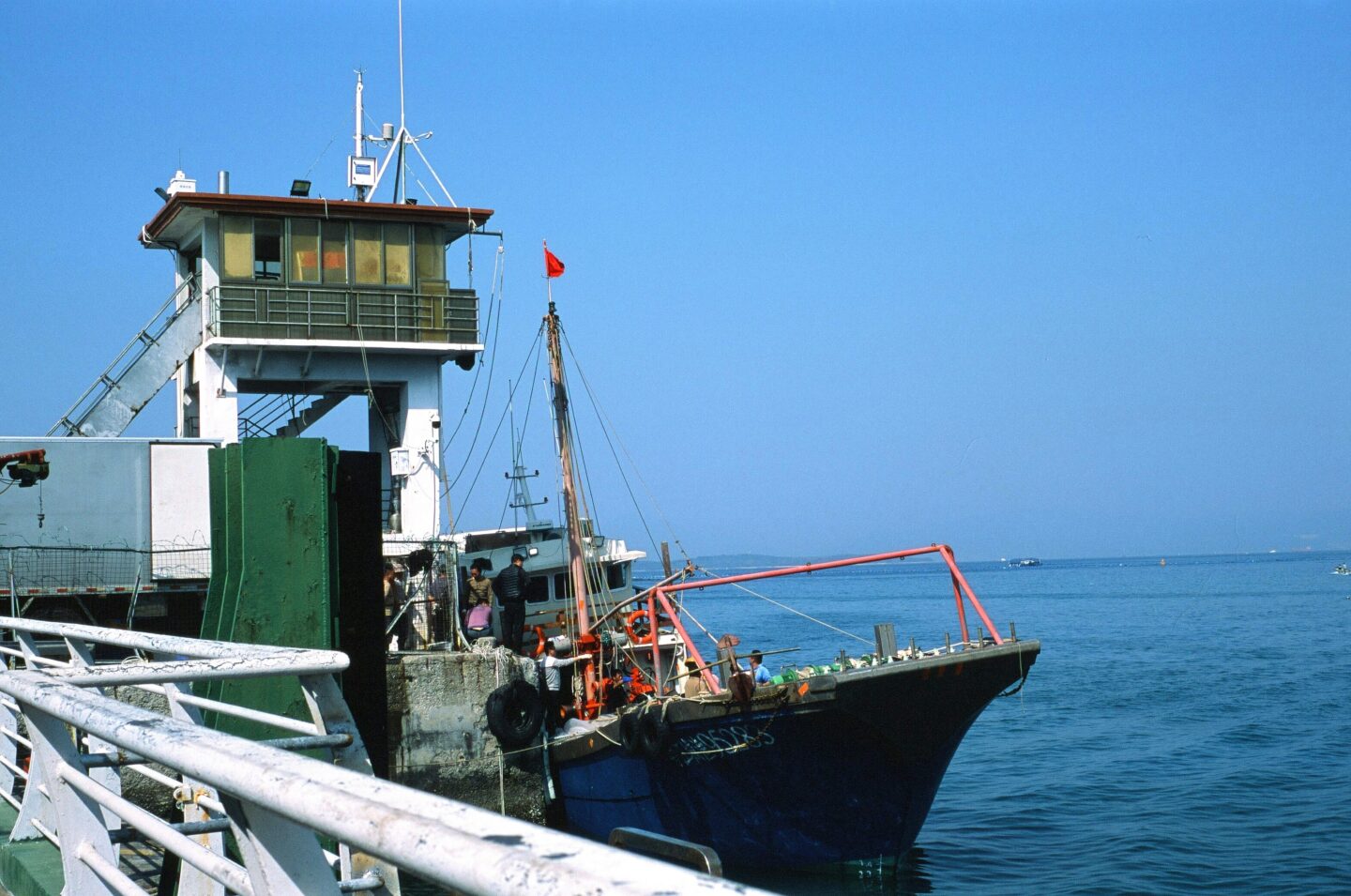Fuel options in shipping have changed considerably over the years with the diesel engine being an important factor in the sector. The diesel engine’s arrangement is dependable and effective, and it serves as the power source of most of the ships.
However, new sources of fuel such as LNG, hydrogen fuel and biofuels have opened doors for new discussions as to which option works best for ships. Currently, diesel engines
are considered as the most preferred option, nevertheless, it is wise to consider these new alternatives as well. In this article, we will examine the benefits and drawbacks of diesel engines with respect to alternative fuels and help you decide.
Comparing Diesel Engine System with Alternative Fuel Options
There are several factors that are evaluated when diesel engines and alternative fuels are compared, efficiency being one of them among others such as cost and the mere viability of the options. Depending on the make and new-age technologies used, diesel engines especially, the latest diesel engines used in emissions have excelled in the recent years.
On the other hand, alternative fuels including LNG, hydrogen and biofuels have received their fair share of interest in reducing carbon emission within the maritime sector. But every option presents its own merits and demerits. Knowing where these new age diesel engines fall within the foregoing comparisons helps the ship owners and managers make informed choices regarding their necessities and as well their plans for the future.
Efficiency Comparison: Diesel vs. Alternative Fuels
Diesel engines are known for their effective use of fuel which gets converted into mechanical energy. They are also suited for marine purposes as their higher compression ratios ensure that each drop of fuel goes a long way in giving more energy.
In comparison, fuels such as LNG, hydrogen, and biofuels have a varying degree of efficiency. Yes, they are cleaner but they do nor pack as much energy nor convert it effectively as diesel engines which chug along consistently and uninterrupted.
Cost Analysis: Initial and Operational Costs
The initial cost of using diesel engines is generally lower compared to systems designed for alternative fuels. Diesel engines are widely available and benefit from an established supply chain. Operational costs, including fuel and maintenance, can vary. With regards to the price of diesel fuel, it changes from time to time but diesel systems are well available and well known so the costs are quite controlled.
On the contrary, some alternative fuels such as LNG and biodiesel, hydrogen may call for costly changes to the infrastructure as well as having higher running costs circularly because of the modern technology.
Environmental Impact: Emissions and Sustainability
Diesel engines have historically been frowned upon due to their emissions, more predominantly the diesel exhaust stroke and particulate matter as well. However, with the advent of new technologies, such as diesel particulate filters and the use of ultra low sulphur diesel, improvements have been undertaken in types of diesel engines to make their effects on the environment cut down.
Methane and hydrogen have even lesser emissions, yet the need for part of the infrastructure for these fuel types is quickly evolving. Diesel engines keep getting stronger in durability but are quite far from reaching low emissions like fuels alternatives do, which are not practical for shipping yet painfully.
Future Trends and Technological Advancements
Diesel engines in the future are changing in response to growing environmental concerns and demand for energy efficiency. The use of innovations such as direct injection and compression ignition efficiency is becoming increasingly improved and achieving lower emissions. These helped particularly for the diesel engines to have a fighting chance against other fuels.
At the same time, newer alternatives including hydrogen fuel cells and biofuels are becoming more developed. This is not to say that these technologies have reached maritime applicability. Diesel engines are still improved and they still are a safe and progressive option for the industry.
Why Choose Diesel Engines over Alternative Fuels
When it comes to choosing between diesel engines and alternative fuels, diesel engines offer a solid advantage. They provide consistent power and reliability, they are heavy-duty engines which are crucial for maritime operations. Apart from the rapid advance technological developments that abound in making use of other alternatives, the prospects of using an interesting alternative for wastewater treatment are less tempting because in practical areas diesel fuel is still readily available and makes sure the vessels do not worry in the absence of its refuelling infrastructure.
Although alternate fuels provide enticing prospects, diesel engines are likely to remain the fuel of choice for the majority of ship operators due to present technology and infrastructural constraints. The use of diesel power not only remains an effective plan but a dependable one as well, which is why it is a popular fuel in the shipping sector.
Practical Considerations in Fuel Choice
- Cost-Effectiveness: Diesel engines often have lower upfront costs and more predictable operational expenses. Use of alternative fuel may require greater upfront investments as well as incurring operating expenses.
- Availability: They are particularly handy with trade routes as diesel fuel for diesel engines is largely available all over the world. Although LNG and hydrogen are advantageous in many aspects, they are more regionally available than practicality can allow.
- Performance: Diesel engines have the upper hand when it comes to the efficiency and dependability of engines working in heavy-duty marine environments. Despite some alternative fuels being considered ‘cleaner’, their performance compared to diesel efficiency is often far less satisfactory.
- Environmental Impact: The majority of the improvements were in terms of the reduction of emissions, still a diesel engine is not an efficient choice. However, such technical solutions and infrastructures for those fuels are not so far advanced.
Diesel Engines Offered by K-Marine
With our steadfast and dependable operation, K-Marine offers the MITSUBISHI UEC 45LA which is an engine that provides reasonable fuel consumption and is also a strong unit. It is perfect for shipping businesses that aim at low operational expenses and require constant working power.
Compared to this, WARTSILA L20 is a small high power density, high efficiency and low running cost diesel engine that features low pollution. It fits boats that have restrictions on power consumption and need to use the LNG propulsion system.
Final Thoughts
There are no hard and fast rules regarding the use of diesel engines or alternative fuel sources in maritime applications as each option has its pros and cons. Widespread acceptance of diesel engine technology is such that it is not being rendered as obsolete merely due to an emerging trend in the use of alternative energy systems.
Alternative fuel technologies introduced promising prospects to improve the environmental profile but seem to be a bit less optimistic in consistent execution. However, the ultimate choice can be made based on the particular requirement within a ship and its operations, but most people within the industry believe that diesel engines are practical and reliable options.




